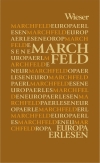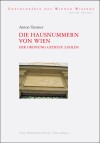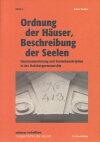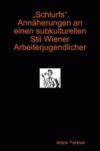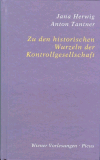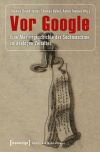“A Pinch of Equality”: The Cultural Technique of Numbering in the Late 18th Century
Die Welt des Papiers ist wieder um eine Zeitschriftenausgabe reicher geworden, erschienen ist die Ausgabe 2018/2 von Cornova, herausgegeben von der tschechischen Gesellschaft zur Erforschung des 18. Jahrhunderts, darin enthalten auch ein von mir verfasster Beitrag zur Geschichte der Nummerierung:
Tantner, Anton: „A Pinch of Equality“: The Cultural Technique of Numbering in the Late 18th century, in: Cornova. Revue české společnosti pro výzkum 18. století, 8.2018/2, S. 41–49.
Abstract: The 18th century sees the triumph of a cultural technique so self-evident to us that we hardly think that it might have a history at all: numbering. This technique assigns a number to an object or a subject – whether a house, a page in a book, a regiment, a tone pitch, a painting, a horse-drawn carriage or a policeman – in order to positively identify this object or subject. The article presents a hitherto nearly undiscovered research field by clarifying some of the basic terminology and draws on examples from all over Europe, focussing on the numbering of – mostly vagrant – people on one side, on spaces such as houses, rooms or even hospital beds on the other side. At the end some of the research questions to be asked about this topic in the future are presented.
Mit Dank an Brita Pohl für die Übersetzung!
Tantner, Anton: „A Pinch of Equality“: The Cultural Technique of Numbering in the Late 18th century, in: Cornova. Revue české společnosti pro výzkum 18. století, 8.2018/2, S. 41–49.
Abstract: The 18th century sees the triumph of a cultural technique so self-evident to us that we hardly think that it might have a history at all: numbering. This technique assigns a number to an object or a subject – whether a house, a page in a book, a regiment, a tone pitch, a painting, a horse-drawn carriage or a policeman – in order to positively identify this object or subject. The article presents a hitherto nearly undiscovered research field by clarifying some of the basic terminology and draws on examples from all over Europe, focussing on the numbering of – mostly vagrant – people on one side, on spaces such as houses, rooms or even hospital beds on the other side. At the end some of the research questions to be asked about this topic in the future are presented.
Mit Dank an Brita Pohl für die Übersetzung!
adresscomptoir -
Nummerierung - Do, 27. Jun. 2019, 09:35
